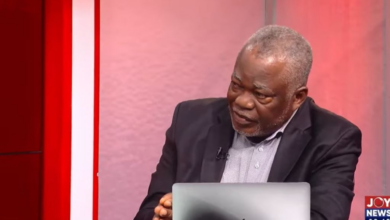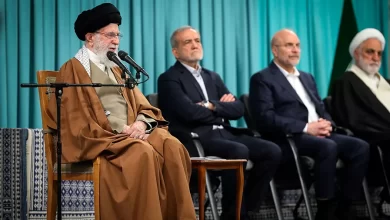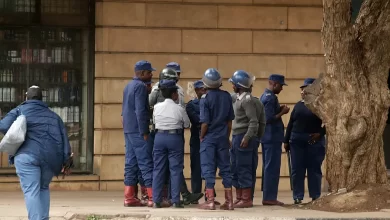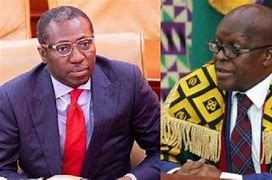
This development highlights a significant moment in Ghana’s parliamentary proceedings, emphasizing the balance of power and procedural dynamics in governance. Speaker Alban Bagbin’s decision to decline the request by Majority Leader Alexander Afenyo-Markin to reconvene the House underscores his commitment to adhering to the set schedule of Parliament, despite pressing demands from the Majority.
Speaker Bagbin reiterated that Parliament would only reconvene after the December 7 elections, maintaining the timeline to address critical matters and ensure a smooth transition to the 9th Parliament.
The House was adjourned indefinitely on November 7 due to a lack of an agenda from the Business Committee, a procedural necessity for parliamentary work.
Afenyo-Markin, citing Standing Orders 57(3) and 58(4), urged the Speaker to summon Parliament for two days to consider 22 urgent items. These included outstanding public and government business, suggesting critical legislative or administrative needs.
In his reply, Bagbin acknowledged the memo but pointed out its receipt while he was out of Accra, indicating a focus on proper procedures and planning for legislative activity.
This situation highlights the procedural rigor within Ghana’s Parliament and the Speaker’s role in managing legislative priorities, particularly in the politically sensitive pre-election period.
It may also reflect broader tensions between the Majority and the Speaker, who has often been seen as assertive in maintaining parliamentary independence.
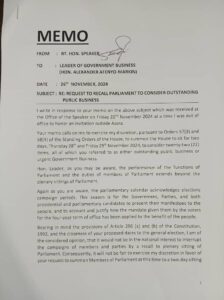
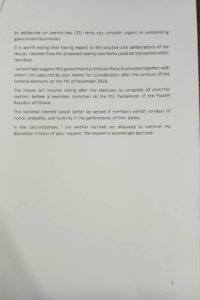
Story by: Collins Owusu Debrah (Parliamentary Correspondent)

